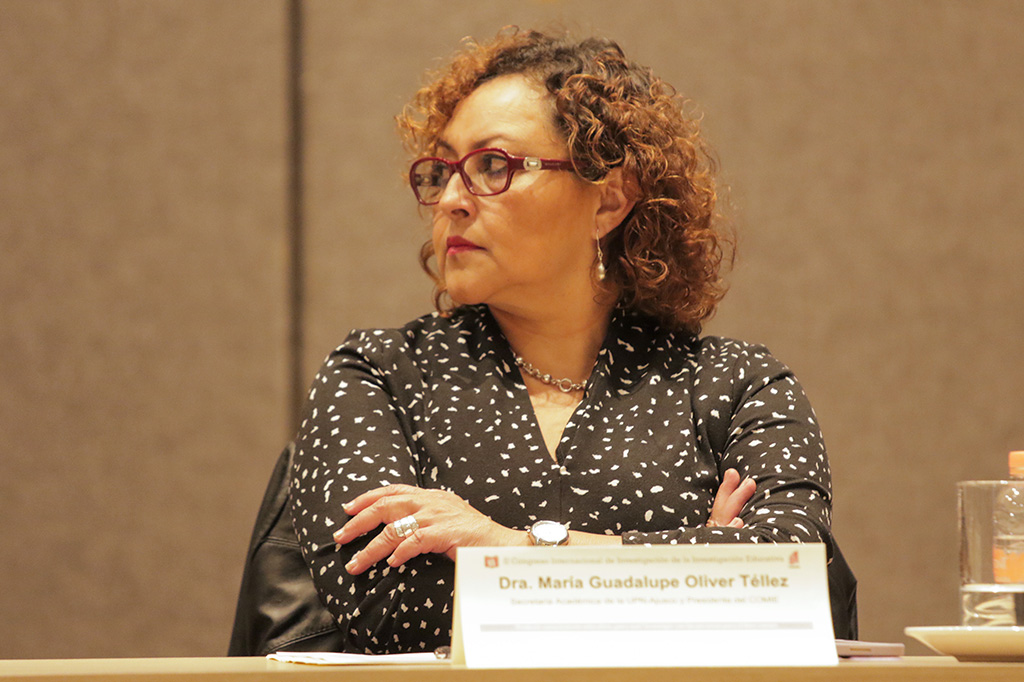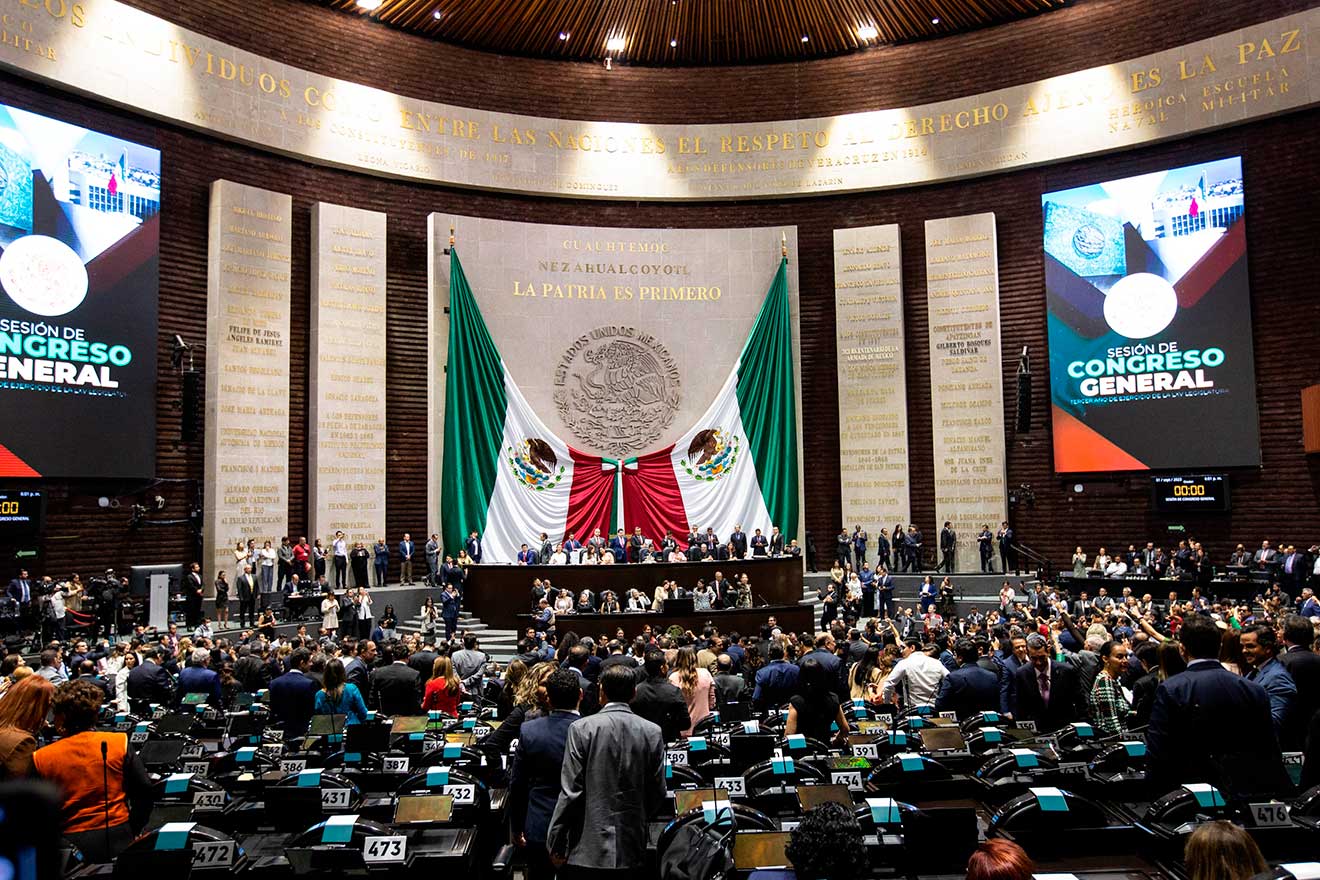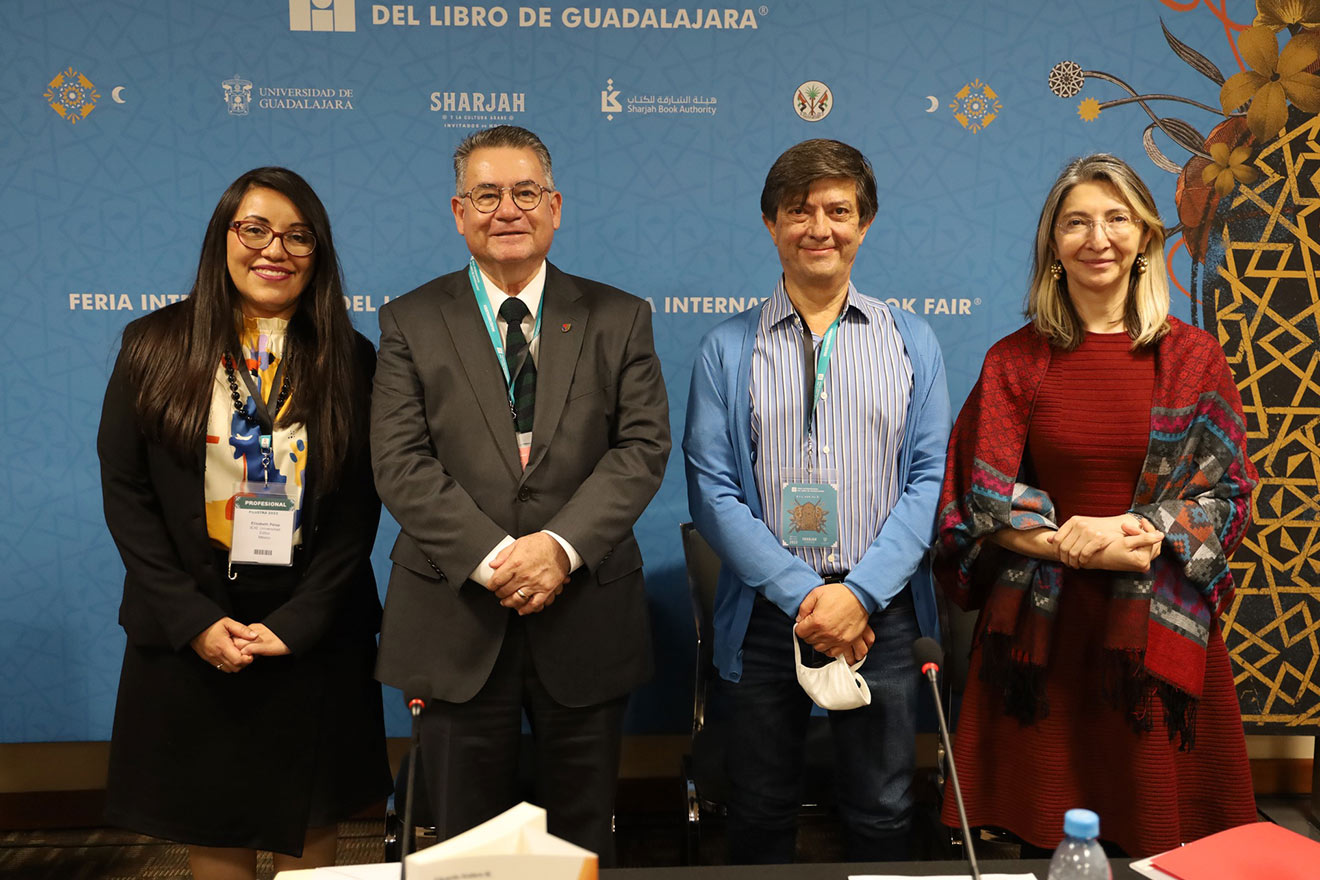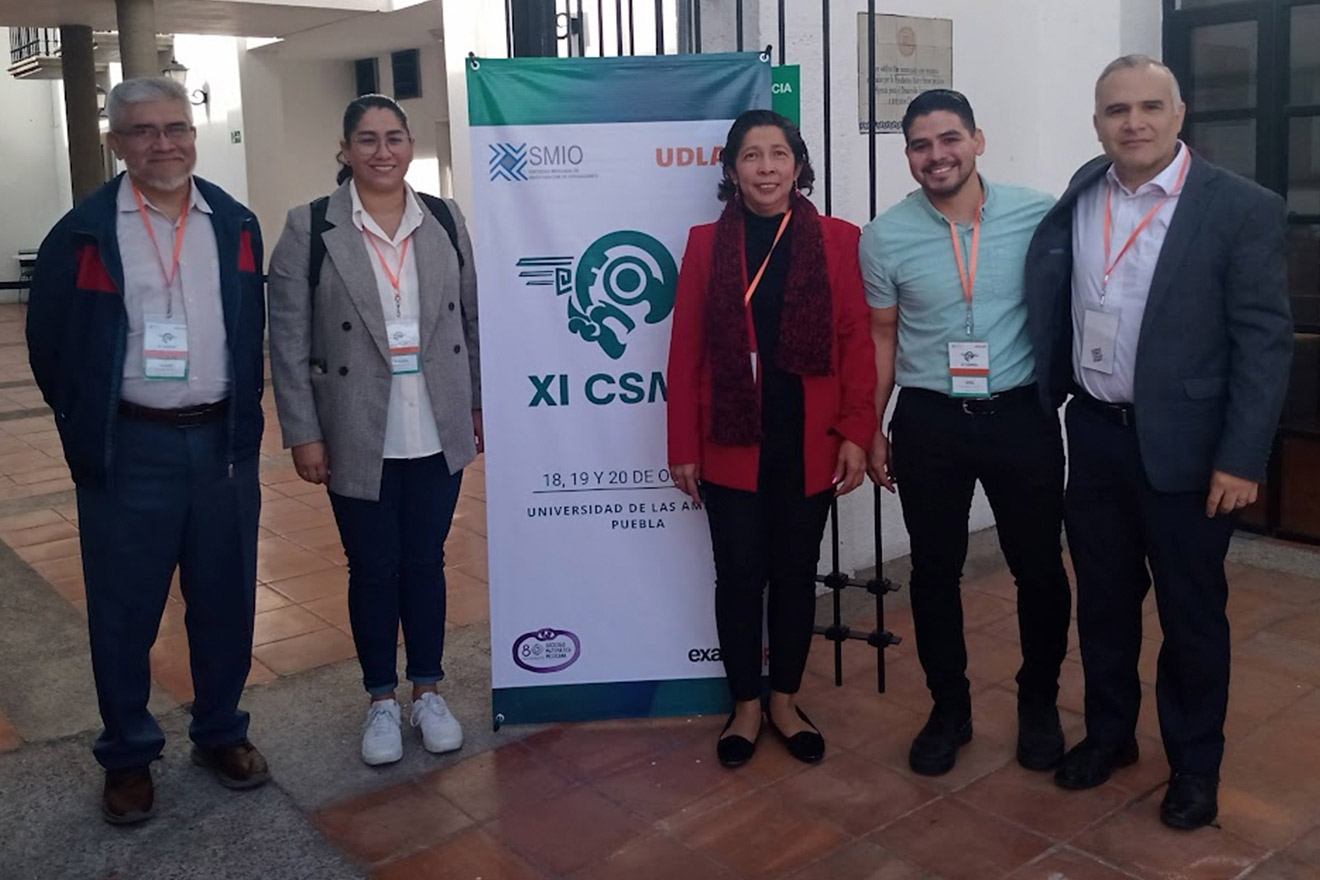Universidad Panamericana held the II International Congress on Educational Research on January 12 and 13 with the aim to spread educational knowledge and conduct research for the common good
Research for the common good
During the event’s inauguration in the Panamericana auditorium, Dr. Martha Vergara Fregoso from the Regions Commission of the Mexican Council for Educational Research A.C. clarified that “Research as we conceive it in this congress and in the Mexican Network of Researchers of Educational Research means researching with people for a common good.”
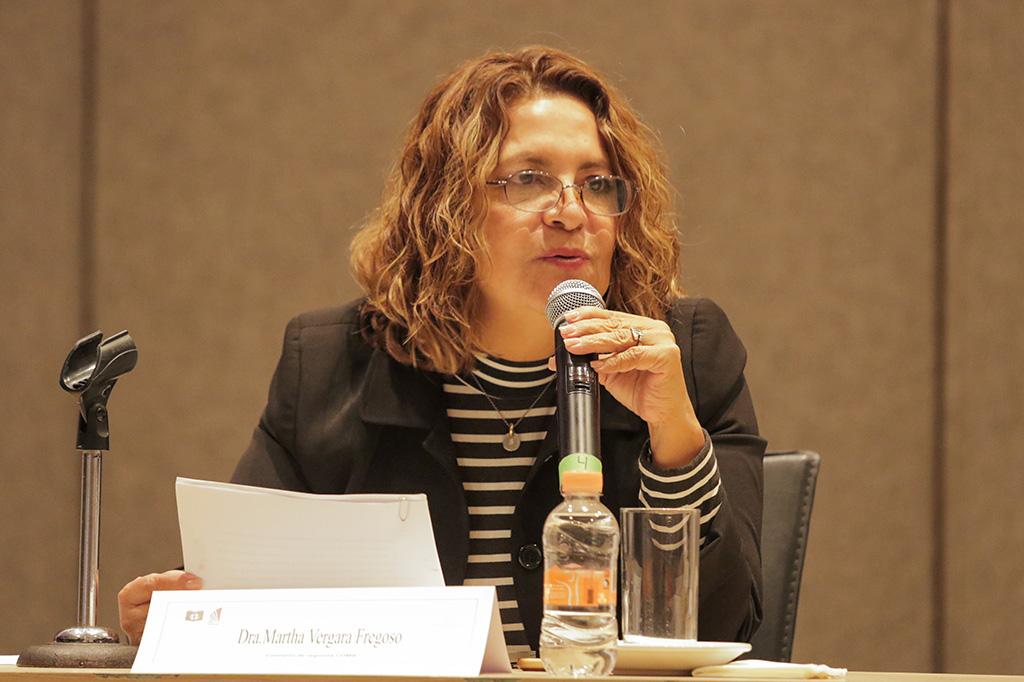
Next, Dr. Sandra Vega Villarreal, coordinator of the Mexican Network of Researchers in Educational Research (REDMIIE for its initials in Spanish), in addition to thanking Panamericana for making the event possible, went on to say, “Thank you for being here, open to dialogue…”
Regarding the congress’s ultimate purpose, she added that, REDMIIE felt a need to reevaluate educational research. “Considering that knowledge is produced through interaction with other people who are present, contributing to and making the construction of knowledge possible, is a new way of looking at educational research,” she stated.
“We believe that the statement of our congress, which asks “Why research?”, is an invitation to reflect on what we are doing as researchers. This is the beginning of an effort to build and produce knowledge in the field of educational research,” she added.
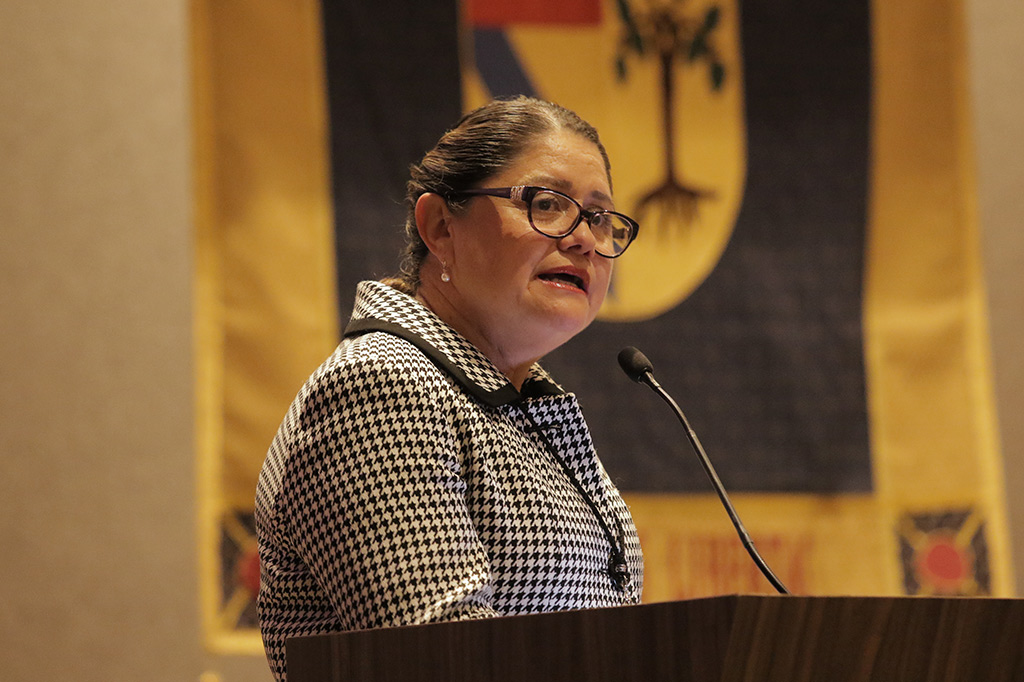
Working for a Better World
Dr. Claudia Ortega Barba, Research Director at Panamericana’s Mexico City campus, kicked the event off and stated that we are facing a world characterized by constant changes, which generates a feeling of crisis. “In a complex era, we need education specialists who are capable of reflection and innovation,” she expressed.
“…Assuming that educational research is an activity that generates knowledge in an area of human endeavor, specifically in education…, and that such knowledge must be socialized to impact a greater number of people, this event is especially significant.”
She also indicated that, “Initiatives such as these demonstrate the academic community’s effort to contribute… The vocation for educational research fosters the sense of working for a better world.”
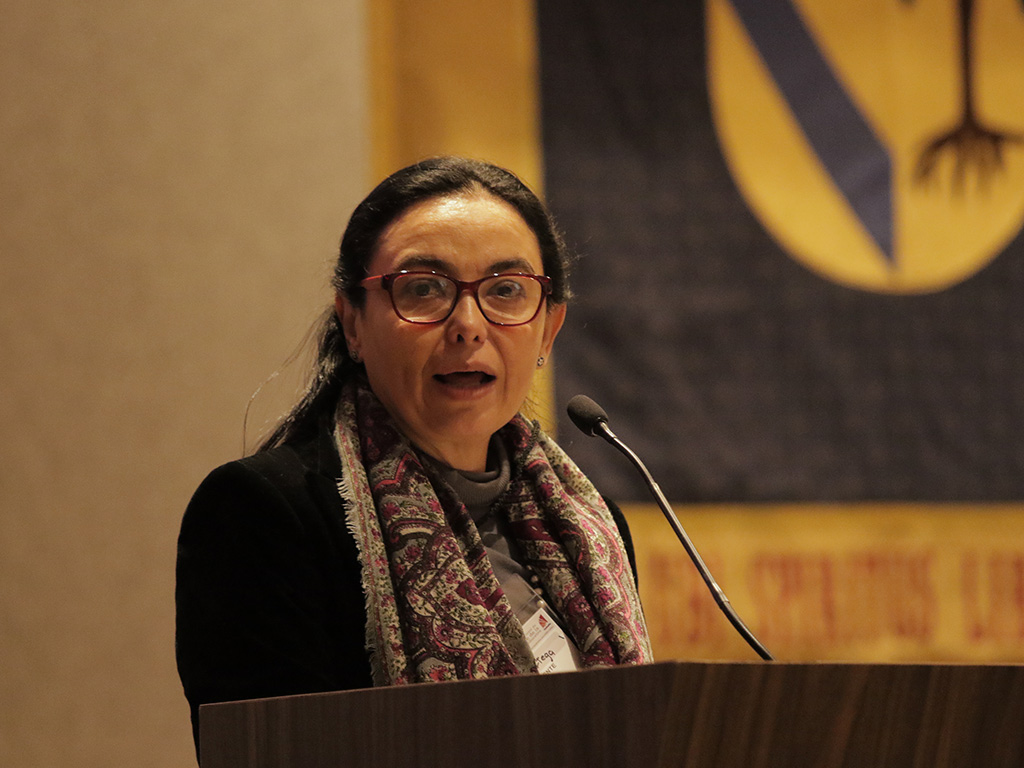
The Impact of Educational Research
Afterward, Dr. Francisco Aliaga Abad, a professor at the University of Valencia, Spain, gave the keynote lecture, entitled “The Impact of Educational Research.”
The speaker began by referring to the congress’s main question, namely, “What is our purpose when creating knowledge?”, clarifying that the question refers to what we want to achieve with it and where we want to take it. “We are not in a platonic world. We are supposed to desire to know and learn in order to transform. We are educators, and education is an applied science,” he stated.
“Researchers, academics, and scientists are considered scholars because we work with our intellect and we want to learn. Often, we teach to learn and we learn to teach,” he went on to say.
Aliaga also spoke about Campbell’s Law, which states that the risk of corrupting a social indicator is proportional to how much it is used for decision-making.
He went on to state that Spanish educational research is not superior to Mexican research. The only difference is that the former has much more visibility and international impact. “Campbell’s Law is something that those of us who are dedicated to evaluation should never forget.”
Finally, he closed his presentation by paraphrasing Georges Clemenceau, asking “Why measure academic impact?… perhaps the evaluation of research is too important to leave solely in the hands of indicators… What do we measure? Social impact? Academic impact?”
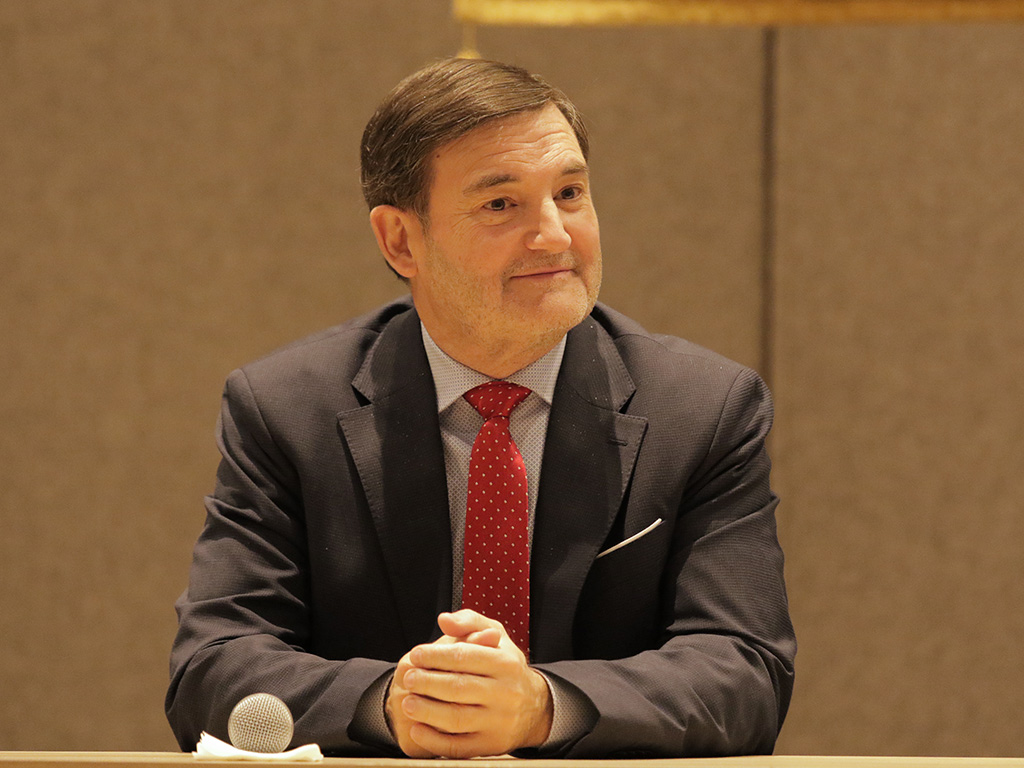
Educational research in the current context
The panel on Educational Research in the Current Context included discussion from Dr. Inés Dussel, Research Professor from the Department of Educational Research at CINVESTAV-IPN, Mexico; Dr. María Guadalupe Olivier Téllez, UPN-Ajusco Academic Secretary and President of COMIE; and Dr. Germán Rolando Vargas Rodríguez, Director of Research at the Juan N. Corpas Foundation School of Education, Bogota; with Dr. Martha Vergara Fregoso, general coordinator of RedMIIE, as mediator.
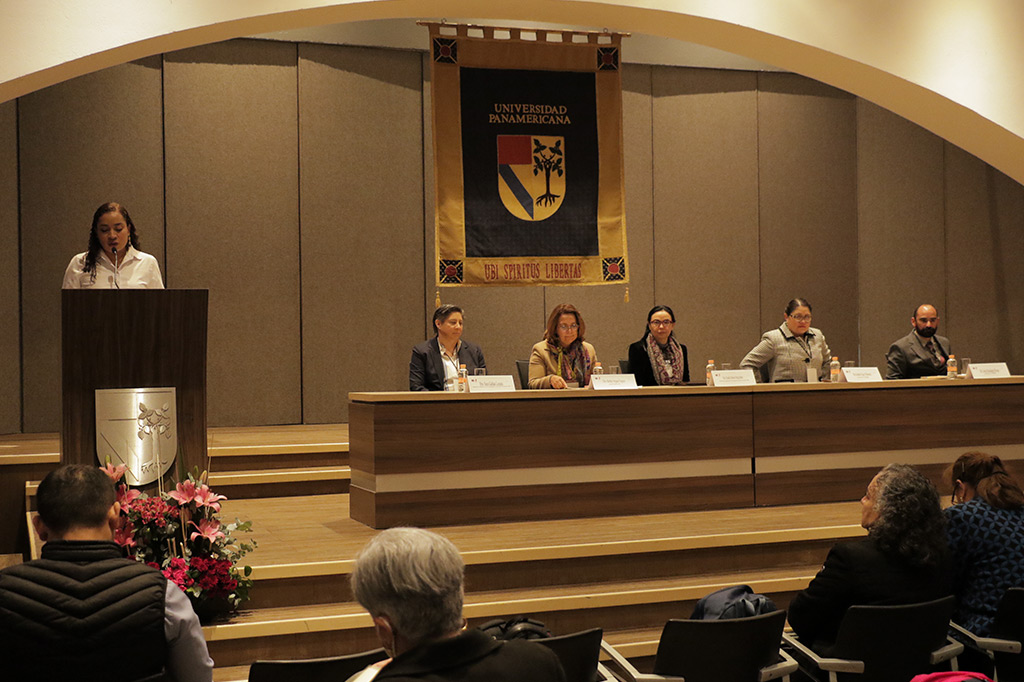
“To achieve progress and equity in education, we must rethink the value of and commitment to research… The challenge is to carry out research that is useful, reliable, and accessible to all,” Dr. Vergara stated at the beginning of the panel discussion.
The three panelists agreed that one of the major aspects that education researchers must consider is the training of new researchers, teaching them how to think, what to research, how to research, and to what end.
Dr. Vargas pointed out that, although there are many challenges, research networks must be increased and Ibero-American dialogue must be maintained. “We must rethink educational problems starting from these contexts, without ignoring the fact that we are a global society.”
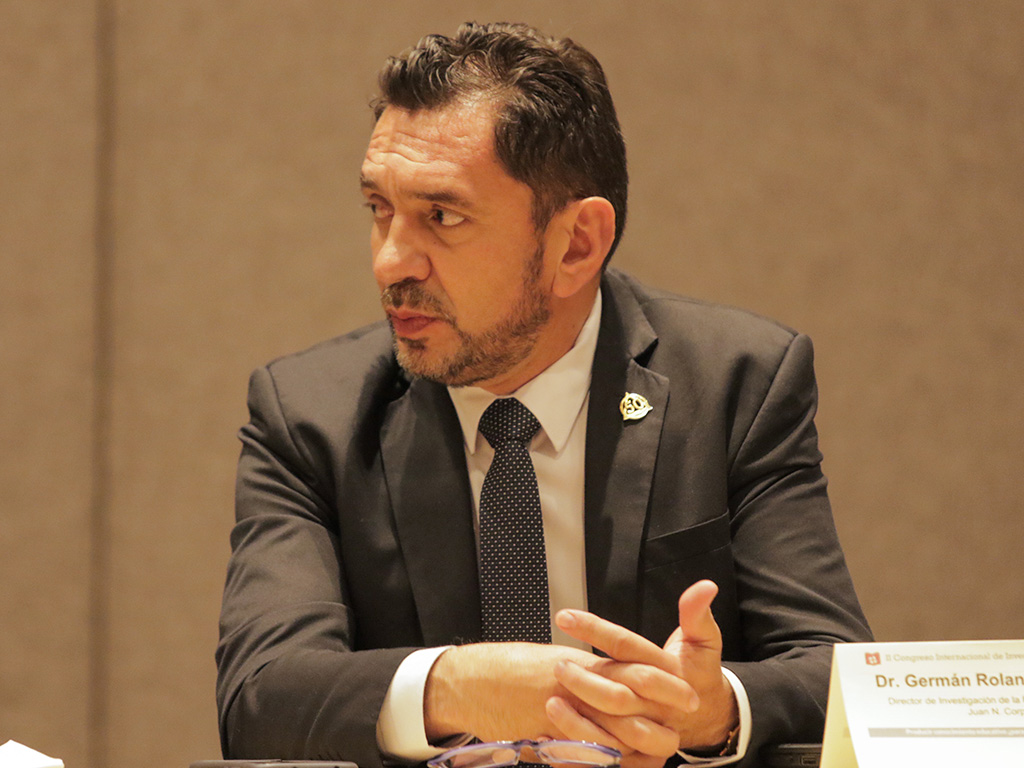
Dr. Dussel pointed out that she believes in the need to work on overcoming institutional and disciplinary limits that do not help us rethink what educational research does: “We must think about disciplinary limits, dealing with digital media issues…”
“We must defend educational research that is not necessarily oriented toward solving immediate problems,” she mentioned, clarifying the importance of working with an agenda that is not isolated from these current problems “but that does not succumb to the demand for immediacy.”
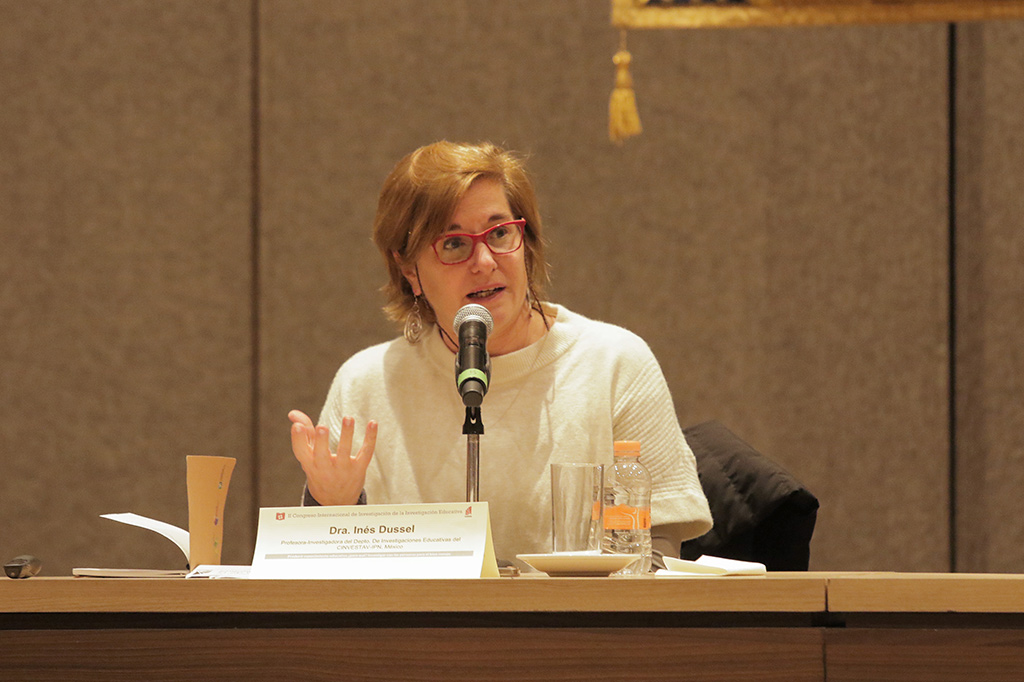
Finally, Dr. Olivier stated that, “If we think of educational research as an element that has to be oriented toward the common good, I believe that the central component must be an ethical approach… We must change our role as researchers, not only in what we teach but in our research practices.”
